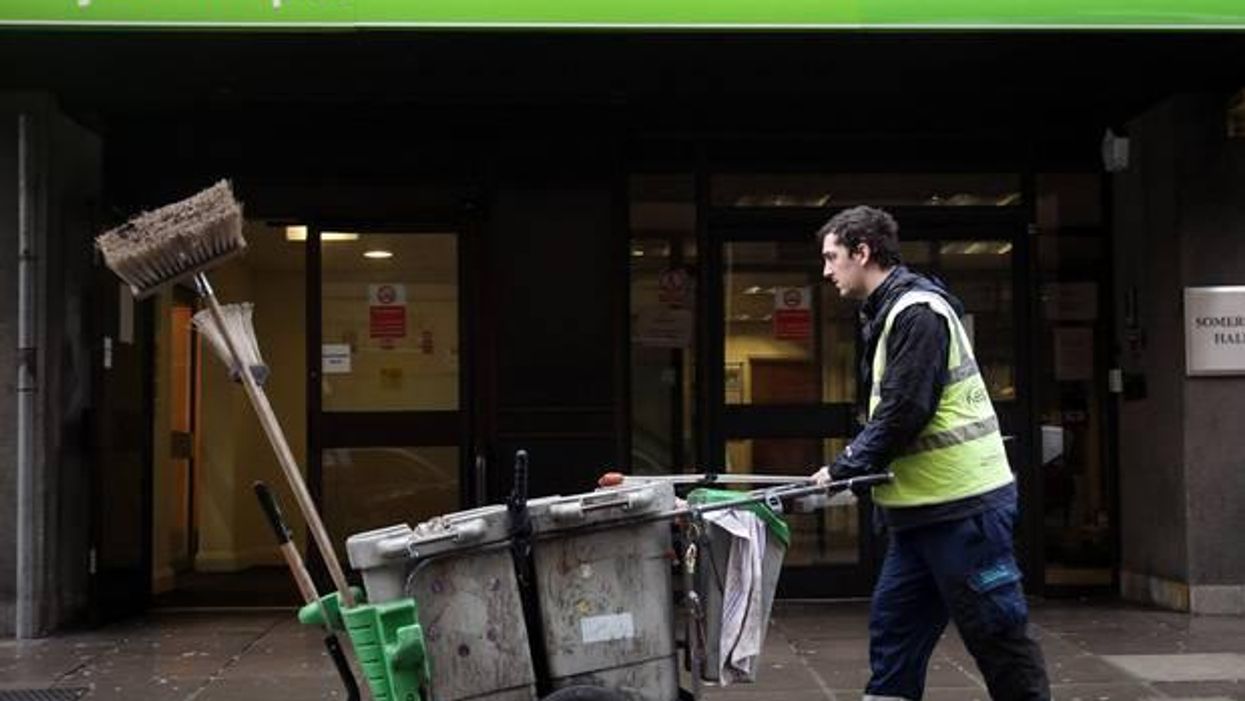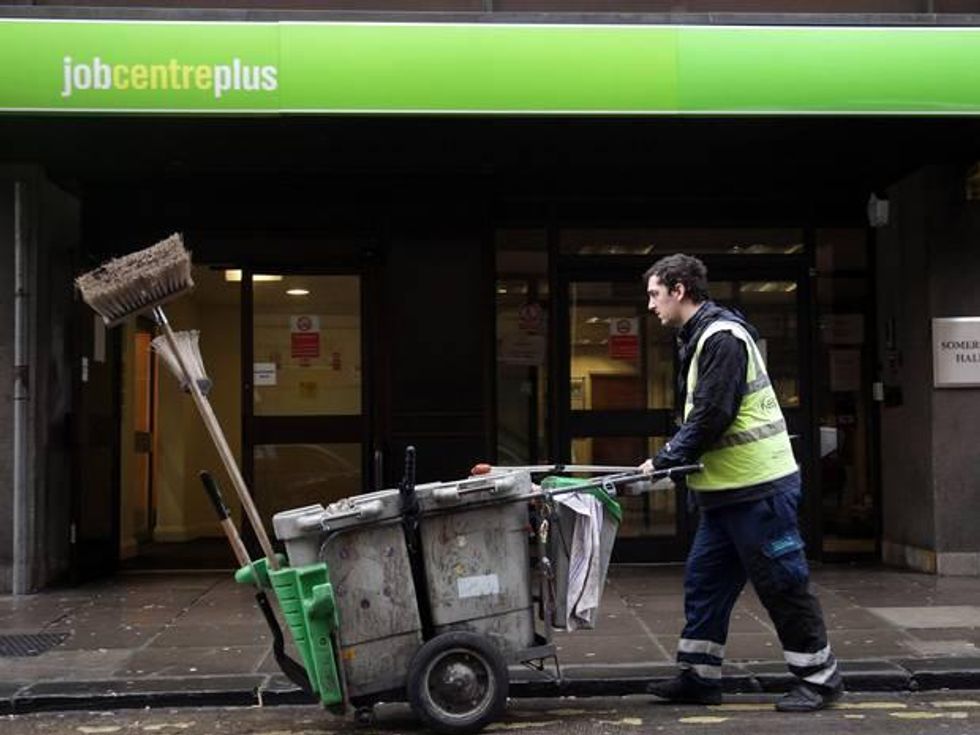News
Shehab Khan
Mar 25, 2015

A cross-party committee of MPs has recommended the Department for Work and Pensions urgently review its controversial benefit sanctions regime.
The Work and Pensions select committee's report said there was evidence sanctions - where a person's benefits are halted or docked - were causing "severe financial hardship".
"Benefit sanctions are controversial because they withhold subsistence-level benefits from people who may have little or no other income," the committee's chair Dame Anne Begg said. The policy must then be applied fairly and proportionately. The system must also be capable of identifying and protecting vulnerable people, including those with mental health problems and learning disabilities. And it should avoid causing severe financial hardship. The system as currently applied does not always achieve this."
Here are some of the alarming examples cited in evidence given to the committee. You can read their report in full here.
1
Glenn Mcdougall was sanctioned after cancelling a Jobcentre appointment to go to a job interview. Although he was informed the job centre, he was sanctioned for two weeks.
Source: Glenn Mcdougall
2
Sonya Whitfield developed problems with her hips after her son, now six, was born. She was sanctioned for failing to attend an appointment with job search specialists Seetec because she was unable to walk or drive due to her medical condition. While she had told Seetec and the DWP she could not go to the meeting, she was still sanctioned.
Source: Sonya Whitfield
3
Simon Moriarty had his benefits taken away for three months after he failed to apply for a job recommended by his advisor that he felt was inappropriate. He went through a long appeals process and eventually overturned this decision, but Moriarty said his mental health deteriorated rapidly after being sanctioned. "Welfare exists to support the vulnerable and the deprived. To help those who have fallen, back onto their feet. It should never be withheld as this does nothing other than to push people further down and make it even less likely that they will ever rise again," he said.
Source: Simon Moriarty
4
The Caritas Social Action Network told the committee about Kevin, who had his Jobseekers' allowance stopped for not attending work-focused programme meetings. He did not have enough money for the bus fare to the programmes and was not fit enough to walk to the meetings, which were over five miles away. After working with Caritas Kevin disclosed he was illiterate and could not understand letters sent to him about his benefits.
Source: Caritas Social Action Network (CSAN)
5
Mencap cited the example of 'BD', a man with a learning disability. He was sanctioned twice and lost his benefits for not searching for enough jobs, despite only having basic literacy skills. "BD was sanctioned was technically due to him failing to meet expectations, this was only because the expectations placed upon him by the JCP were unreasonable," Mencap concluded.
Source: Mencap evidence
6
Oxfam cited the case of a Sudanese refugee who was asked to apply to 20 jobs a week despite being illiterate and unable to speak English. The man, who arrived in Britain when he was 18, had never been to school and was given refugee status within two weeks.
He had been sanctioned nine times, and ended up so traumatised that he had a nervous breakdown and was supported by the Mental Health Crisis intervention team
Source: Oxfam
More: The 11 most senseless benefit sanction decisions known to man
Top 100
The Conversation (0)














